Solar Panel System for Home in Nigeria: What to Buy & How to Install
With unreliable electricity supply, rising fuel prices, and frequent blackouts, more Nigerian homeowners are switching to solar panel systems for home. A well-installed solar system can power your lights, TV, fans, fridge, and even air conditioners—without noise, fuel, or monthly electricity bills.
This guide is designed to help you understand everything about solar panel systems for your home: components, costs, installation, and what to expect in 2024 and beyond.
What Is a Solar Panel System for Home?
A solar panel system is a complete setup that captures sunlight and converts it into electricity to power your home.
Key Components Include:
- Solar Panels – Convert sunlight into DC electricity
- Inverter – Converts DC to AC power for your appliances
- Battery – Stores excess power for nighttime or cloudy days
- Charge Controller (MPPT/PWM) – Regulates charging to protect the battery
- Mounting Kit + Cables – For rooftop installation and wiring
Types of Solar Panel Systems for Homes
1. Off-Grid Solar System
- Works independently of PHCN/NEPA
- Ideal for remote/rural homes
- Requires batteries for 24/7 power
2. Grid-Tied Solar System
- Connected to NEPA
- No batteries required
- Powers home during the day, reduces PHCN bills
3. Hybrid Solar System
- Combines solar + grid + battery
- Works even if NEPA is down
- Most recommended for urban homes
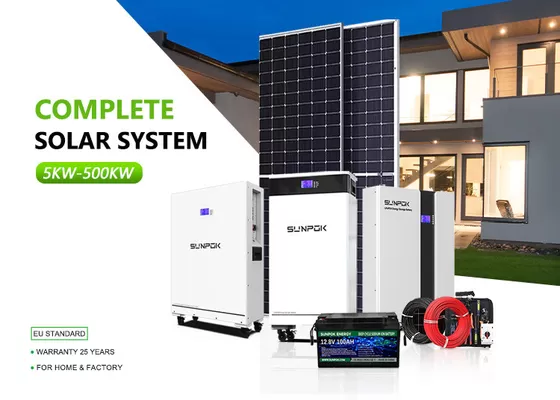
Benefits of Installing Solar Panels at Home
| Benefit | Impact |
|---|---|
| ✅ Reduced power bills | Slash NEPA costs or eliminate them completely |
| ✅ Backup during outages | Power stays on even during blackouts |
| ✅ No fuel needed | Unlike generators, solar is 100% renewable and silent |
| ✅ Low maintenance | Panels last 25+ years with minimal care |
| ✅ Increases home value | Solar-equipped homes are more valuable and future-proof |
How Much Solar Power Do You Need?
It depends on your daily energy consumption. Here’s a quick guide:
| Appliances | Watts | Estimated Usage Hours/Day | Total Wh/Day |
|---|---|---|---|
| 5 LED Bulbs | 50W | 6 hours | 300Wh |
| 1 Standing Fan | 70W | 10 hours | 700Wh |
| 1 LED TV (32”–43”) | 90W | 6 hours | 540Wh |
| 1 Laptop + Router | 50W | 8 hours | 400Wh |
| 1 Fridge (Energy-efficient) | 150W | 24 hours (on/off cycling) | 1,500Wh |
Total: ~3,440Wh/day (3.4kWh)
So, you’ll need a 3kWh – 5kWh solar system to cover this comfortably.
Best Solar Panel System Sizes for Nigerian Homes
| System Size | Supports | Cost Estimate (₦) |
|---|---|---|
| 1kW | Lights, fans, charging phones | ₦300,000 – ₦500,000 |
| 2kW | Above + small TV, router, DSTV | ₦500,000 – ₦700,000 |
| 3kW | Above + fridge, laptop | ₦700,000 – ₦950,000 |
| 5kW | Above + washing machine, freezer, borehole pump | ₦1,200,000 – ₦1,800,000 |
| 10kW | Full home backup including 1HP AC | ₦2,500,000 – ₦3,800,000 |
Recommended Solar Panel Brands in Nigeria
| Brand | Wattage | Efficiency | Price/Panel (₦) |
|---|---|---|---|
| Canadian Solar | 400W – 550W | 19% – 21% | ₦70,000 – ₦110,000 |
| Jinko Solar | 350W – 600W | 18% – 22% | ₦65,000 – ₦120,000 |
| Trina Solar | 400W+ | 20% – 22% | ₦75,000 – ₦125,000 |
| Felicity Solar | 150W – 400W | 17% – 20% | ₦40,000 – ₦85,000 |
| Rubitec Solar | 250W – 300W | 16% – 19% | ₦35,000 – ₦70,000 |
Best Inverters for Home Solar Systems
| Brand | Type | Range | Price (₦) |
|---|---|---|---|
| Genus | Pure sine wave | 1.5KVA – 5KVA | ₦180k – ₦500k |
| Gennex | Hybrid (solar-ready) | 3.5KVA – 10KVA | ₦250k – ₦800k |
| Victron | Premium hybrid | 3KVA – 10KVA | ₦500k – ₦2.5m |
| Mercury | Basic inverter | 1.5KVA – 3.5KVA | ₦150k – ₦300k |
| Luminous | Smart hybrid | 2KVA – 5KVA | ₦250k – ₦600k |
Battery Options for Solar Homes
| Battery Type | Capacity | Lifespan | Price (₦) |
|---|---|---|---|
| Lithium-ion (LFP) | 100Ah – 300Ah | 5 – 10 years | ₦220k – ₦850k |
| Tubular Lead-Acid | 150Ah – 220Ah | 2 – 4 years | ₦120k – ₦250k |
| GEL / SMF Battery | 100Ah – 200Ah | 1.5 – 3 years | ₦90k – ₦180k |
⚠️ For 5kW systems, you’ll need at least 4 x 200Ah batteries.
Installation & Maintenance Tips
- Use qualified solar installers only
- Mount solar panels in direct sunlight (preferably south-facing)
- Ensure airflow around inverter and battery bank
- Clean panels every 2–4 weeks to maintain performance
- Check wiring and terminals every 3 months
Where to Buy Solar Panel Systems in Nigeria
- SolarEnergySupplyStores.com – Your trusted one-stop online shop for all things solar in Lagos, Nigeria. We are committed to powering homes, businesses, and communities across the nation with reliable, eco-friendly energy solutions.
Always ask for:
- Warranty (at least 1–2 years)
- Genuine brand labels
- Installation support
Solar System Packages for Homes in Nigeria (2024)
To make it easy, we offer solar packages tailored to the size and energy needs of your home. These packages include solar panels, inverter, batteries, charge controller, cables, and sometimes even installation.
Sample Solar Packages:
| Package Name | System Size | What It Powers | Price Range (₦) |
|---|---|---|---|
| Starter Kit | 1kW | Lights, fans, phones, small TV | ₦350,000 – ₦500,000 |
| Home Essentials Kit | 2kW | Above + fridge, DSTV, laptop | ₦600,000 – ₦800,000 |
| Full Home Kit | 3.5kW – 5kW | Above + freezer, washing machine, router | ₦1,200,000 – ₦1,800,000 |
| Smart Family Kit | 5kW – 7.5kW | 3–5 bedroom home, borehole pump, 1HP AC | ₦1,900,000 – ₦2,900,000 |
| Executive Package | 10kW | Entire house incl. ACs, deep freezers, CCTV, etc. | ₦3,500,000 – ₦5,000,000 |
These packages are customizable. You can swap battery type, panel size, or inverter model based on your budget and usage.
Financing and Payment Plans for Solar in Nigeria
You don’t always need to pay 100% upfront.
Options Available:
- Pay-as-you-go solar (e.g., Beebeejump, Lumos, A4&T)
- Solar leasing from vendors or cooperatives
- SME & Household solar loans from commercial banks
- Development-funded solar projects (Solar Naija, REA, etc.)
Ask your solar dealer or bank if they support solar installment plans or CBN-supported clean energy financing.
Challenges and Solutions in Home Solar Installation
| Common Challenge | Solution |
|---|---|
| Cloudy or rainy days | Install batteries or a backup generator |
| Wrong system sizing | Get a proper energy audit before purchasing |
| Substandard products | Buy only from authorized dealers with warranties |
| Overheating components | Ensure good ventilation for inverter & battery |
| Poor installation | Hire only certified solar technicians |
Tips to Maximize Your Solar Investment
- Use LED bulbs – they consume 80% less power
- Run heavy appliances during the day when panels are active
- Unplug non-essential devices at night to preserve battery
- Clean solar panels every 2–4 weeks to remove dust and bird droppings
- Use energy-efficient appliances (inverter fridge, DC fans, etc.)
Real-Life Example: 5kW Solar System Setup
Installation Location: Ajah, Lagos
House Type: 3-bedroom bungalow
System Details:
- 10 x 550W Jinko Solar Panels
- 1 x 5kVA Gennex Hybrid Inverter
- 4 x 200Ah Felicity Lithium Batteries
- Mounting kit + wiring + installation
Total Cost: ₦1,680,000
Powers: Lights, fans, TV, freezer, borehole, and one 1HP AC
Backup Time: 10–12 hours (full load), 18+ hours (partial load)
💡 The homeowner now spends ₦0 on fuel and enjoys 24/7 electricity.
Final Thoughts
A solar panel system for home is not just a luxury anymore—it’s an investment in energy freedom. With rising energy bills and unreliable grid supply, switching to solar is the smartest way to take control of your power.
From basic lighting setups to full smart home systems, solar energy can be tailored to your needs and budget. Whether you live in Lagos, Enugu, Kano, or Port Harcourt, now is the perfect time to go solar and enjoy quiet, clean, and constant power.
FAQs About Home Solar Panel Systems
1. Can solar panels power my entire home?
Yes. With the right system size (e.g., 5kW+), you can power your entire home 24/7.
2. What’s the lifespan of a solar system?
- Panels: 25+ years
- Batteries: 3–10 years
- Inverter: 5–15 years
3. Can I use solar with NEPA?
Yes. Hybrid systems combine solar, grid, and generator seamlessly.
4. Do I need a generator if I have solar?
Not if your system is well-sized with enough batteries. But having a generator can serve as a backup.
5. How soon will I break even on cost?
Most users recover the cost in 2–4 years through savings on fuel and electricity bills.


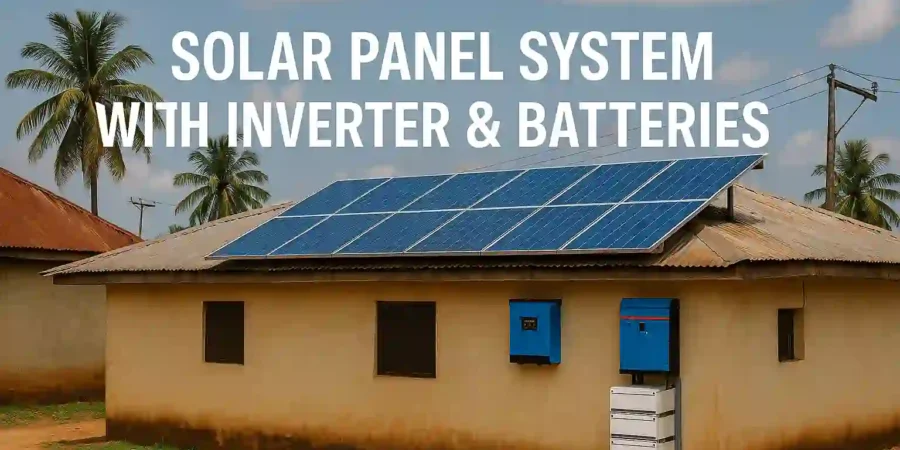

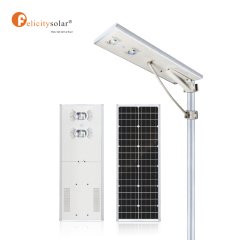
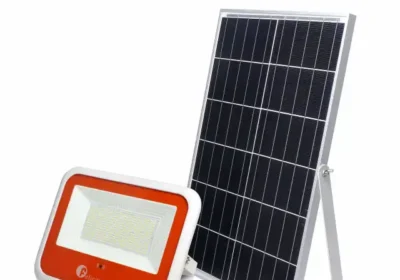
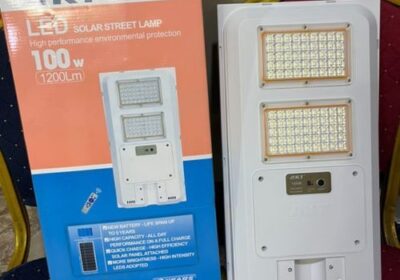
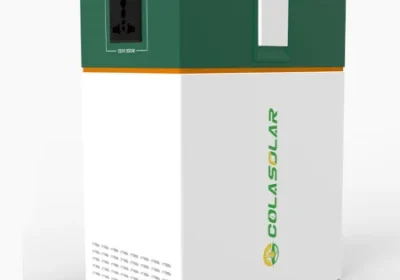
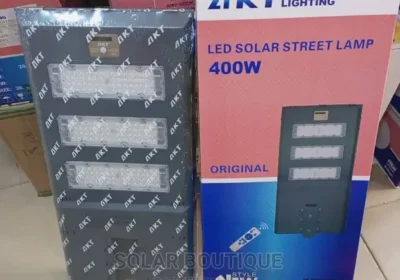
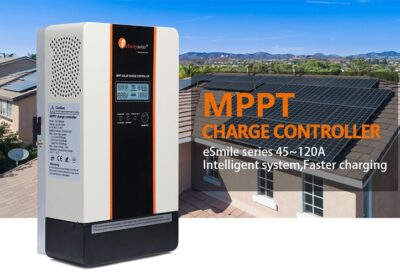
Leave a Reply